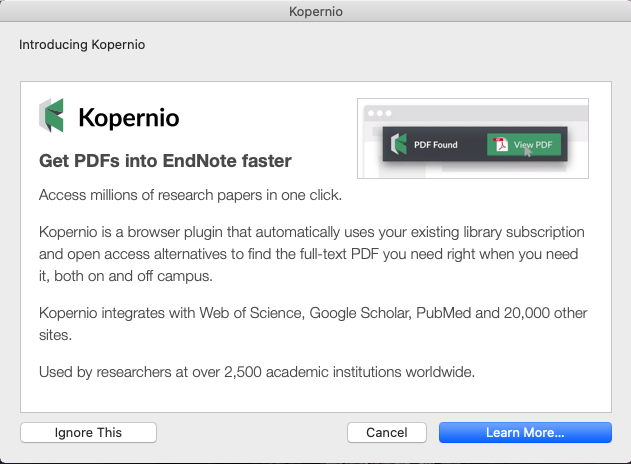
PWC launched its digital asset services using blockchain technology in 2016 and planned to adopt blockchain in live production systems by 2020 ( PWC 2017).Ī blockchain is essentially a public ledger, where groups of transactions or events are recorded and stored in a chain-like data structure ( Simoyama, Grigg, Bueno, and Oliveira 2017). KPMG has partnered with Microsoft in joint projects that use cases that apply blockchain technology to business propositions and processes ( KPMG 2017). Ernst & Young (EY) became the first advisory firm to accept Bitcoin for its services in 2017 and, more recently, rolled out a number of applications and services to facilitate the commercial use of blockchain technology across the enterprise ( EY 2017). Deloitte, for instance, took the first step in launching a blockchain initiative in 2014 ( Deloitte 2016). Although blockchain technology is still in its infancy, the Big Four accounting firms and many financial institutions have already noticed blockchain's potential and actively engaged in its experiments, development, and investments ( Bajpai 2017). It has wide-ranging implications for data processing, transmission, storage, and security ( Brandon 2016 Gross, Hemker, Hoelscher, and Reed 2017), and has the potential to create a new ecosystem for the handling of accounting information ( Dai and Vasarhelyi 2017 Kokina, Mancha, and Pachamanova 2017).

Known as the underlying technology for cryptocurrencies such as Bitcoin, blockchain has been regarded as one of the most important disruptive technologies after the internet ( Swan 2015 Yermack 2017).


AUDITING: A Journal of Practice and Theory.Issues in Accounting Education Teaching Notes.


 0 kommentar(er)
0 kommentar(er)
